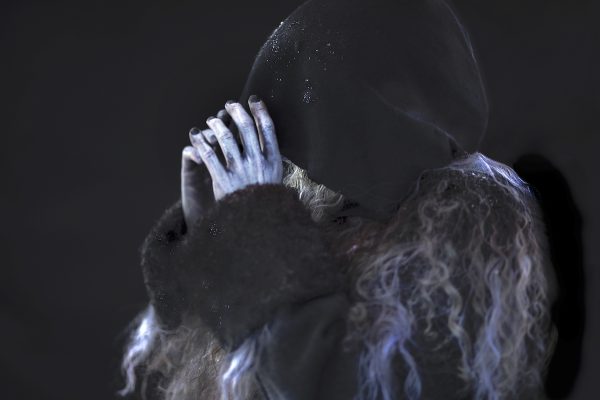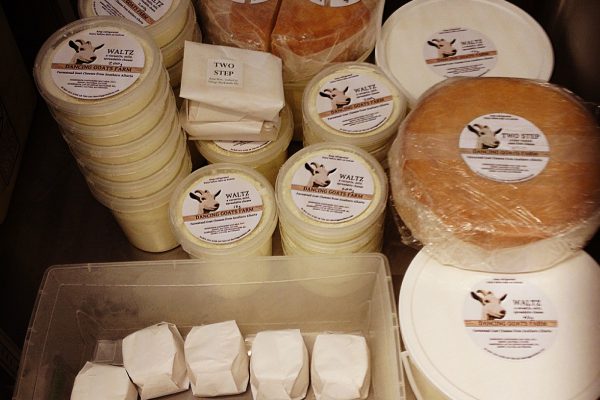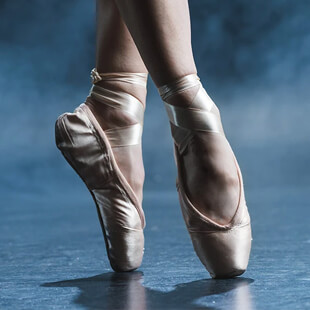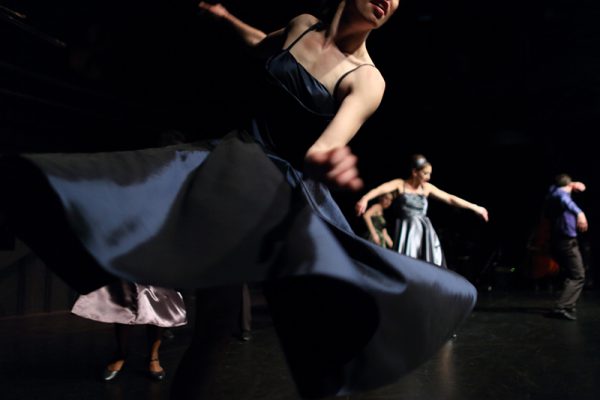The Dance Current spoke with Wunmi Idowu in anticipation of UNGANISHA — an inaugural Calgary festival brought to life by Woezo Africa Music & Dance Theatre and Creoternity Theatre. The festival is a dance theatre showcase celebrating the history and influence of African culture and contemporary dance.
Idowu is the founder and director of Woezo Africa and is an accomplished dancer, choreographer, instructor and director, born and raised in Lagos, Nigeria. She began performing at the age of three, and since moving to Alberta in 1992, has immersed herself in the African dance community, both in Edmonton and Calgary, working with such groups as Wajjo drummers and Kekeli dancers, Nigerian Okoto Dance Troupe, C-Stlyz Dancers, Afrikanata Dancers and Asante Dance Troupe.
~
How has your background as a dancer – first in Lagos, Nigeria and then in Alberta – influenced your dance practice?
A lot! I grew up amidst the rhythms, colours and beats of African dance. It has deeply influenced me as a performer and how I teach students to appreciate the various dance styles from the continent of Africa. I like to teach my students not only the choreography, but the history of why those movements exist, the names of the dances and from which part of the continent they came.
Over the years, African dance has transformed and so has African music. They are so many amazing, modern African musicians that make good music and sometimes create their own dance moves. Generally, traditional African dance is making way for more modern dance.
For me, African dance is more than just entertainment or fun. It generally communicates my emotions, celebrates culture and helps strengthen the bonds between communities.
Why was it important for you to found Woezo Africa Music & Dance Theatre?
I did not know what to expect when we relocated to Canada in 1992. I was ten years old and had left everything that was familiar, including friends and family. All I knew was that being in Canada would grant me many more opportunities and advantages than I had before, particularly in education.
In elementary school, I was one of only three black students in my school. School was always a priority for me and my family and while we learned about humanities, social studies, history, and geography, we only learned about places like Britain, Russia and Japan. From what I remember, we learned nothing about any countries in Africa.
My school in Lagos was near one of many historical enslavement ports in West Africa. The cells and shackles in which enslaved people were held are etched indelibly in my memory. The absence in the curriculum of African history in Alberta, including that of the slave trade, is a glaring omission that has always disturbed me. The omission, too, of the contributions of black people to Canada is why founding Woezo Africa Music & Dance Theatre in November 2006 was so important.
Woezo means “welcome” in the language of the Ewe people of Ghana, and Africa means “the land of perfection.” From a young age, I knew that dance has the capacity to impassion and motivate change in the perceptions of Africa to something much more positive.
Our mission in Woezo Africa is to preserve the cultural values from Africa by providing quality entertainment and education about the history of Africa to our communities. This will help promote a better understanding and appreciation of African culture and its contributions to today’s society.
Woezo Africa is our tool with which we attempt to raise a sense of community involvement in our youth, especially the Canadian-born generation, by teaching them about our culture and heritage. Both my daughters were born in Edmonton, Alberta. All they know about Africa is what I have passed on to them. For their sake, I would love to see Africa become part of the school curriculum but will continue to teach in communities and schools until it does.
I believe that we at Woezo Africa have a lot of knowledge that if shared will contribute to bringing more understanding and unity in our Canadian society.
You practice a range of styles from Afro Beat, Afro contemporary fusion and traditional African dances such as Coupé décalé and Ndombolo. Can you tell us a bit about how you found your way to these practices?
I grew up among the sights and sounds of African dance. Each style of dance holds its unique flavour and energy. The music travels with changing beats and we create art through emphasis of different parts of the body.
I have intentionally immersed and exposed myself to various African dances by learning from other cultures and world-renowned dancers and choreographers. From time to time, I get the sensation to master a move that I find appealing. The great thing is that the dance styles are always evolving, and the rich talents in the African continent give me a reason to create something new.
Could you tell us a bit about your involvement in the upcoming UNGANISHA showcase in Calgary this February?
UNGANISHA means ‘connect’ in Swahili, the multimedia dance theatre production aims to explore the African diaspora throughout Western colonial expansion and its influence on several modes of popular modern dance, including Tap, Jazz, Hip-hop, Samba, Salsa, Capoeira, Afro-Cuban, Afro-Caribbean and Step dance.
The show will provide the cultural and historical context of each dance style, highlighting the important role that displaced Africans played in the chrysalis of each dance form. By exploring the diverse combinations of influences that created each unique contemporary dance style, the performance seeks to illuminate the cultural connectedness that these styles embody. The showcase will use dance performance as a celebration of the resilience of Africans in protecting and renewing their culture beyond their homeland.
The idea of UNGANISHA has been floating around in my head for more than twenty-five years, and this year was the first time we were able to bring it to reality. I executed that vision by collaboration with Chibie Okoye, co-founder of Creoternity Theatre in Toronto. We decided to move forward with the production and work in partnership with dancers and choreographers based in Calgary. There are more than sixty-five dancers, choreographers and actors involved in the showcase.
Black History month was officially recognized by the province of Alberta in 2017. Is this meaningful for Black artists in the province?
Absolutely! Not only is it important for Black artists in the province, it is also important for the greater dance community to recognize the contributions of the African diaspora on modern day dance styles. Our history is much more than slavery and colonialism and being able to recognize the contributions of Black art, Black artists and Black culture on modern day arts and culture is extremely satisfying.
UNGANISHA aims to celebrate that influence and showcase just how interconnected we are. While educating the communities on contribution of Africans to the broader culture, audiences will also witness first-hand the scope of talent and artistry African-Canadians bring to Alberta’s culture landscape.
What are you looking forward to the most during the showcase?
The intent is to further engage the core ideas of equality, inclusion and diversity in the execution of the event by inviting dancers from a variety of backgrounds and communities to take part in the performances. This is the first time UNGANISHA is being presented in Calgary and I’m most excited to share our passion for the African culture to dance enthusiasts.
One of the central aims of the project is to use historical research to frame each performance in such a way as to illuminate the contribution of African traditions to each style, the influence of which may not be readily apparent from performance of the dance style alone. Not only is it an opportunity to further dance in Calgary, with an already rich dance culture, but to celebrate Black History Month.
Learn more >> woezoafrica.com
~
A little goes a long way. Donate to The Dance Current today to support bold and inclusive coverage of dance in Canada.
Tagged: African, Contemporary, On the Ground, AB , Calgary




